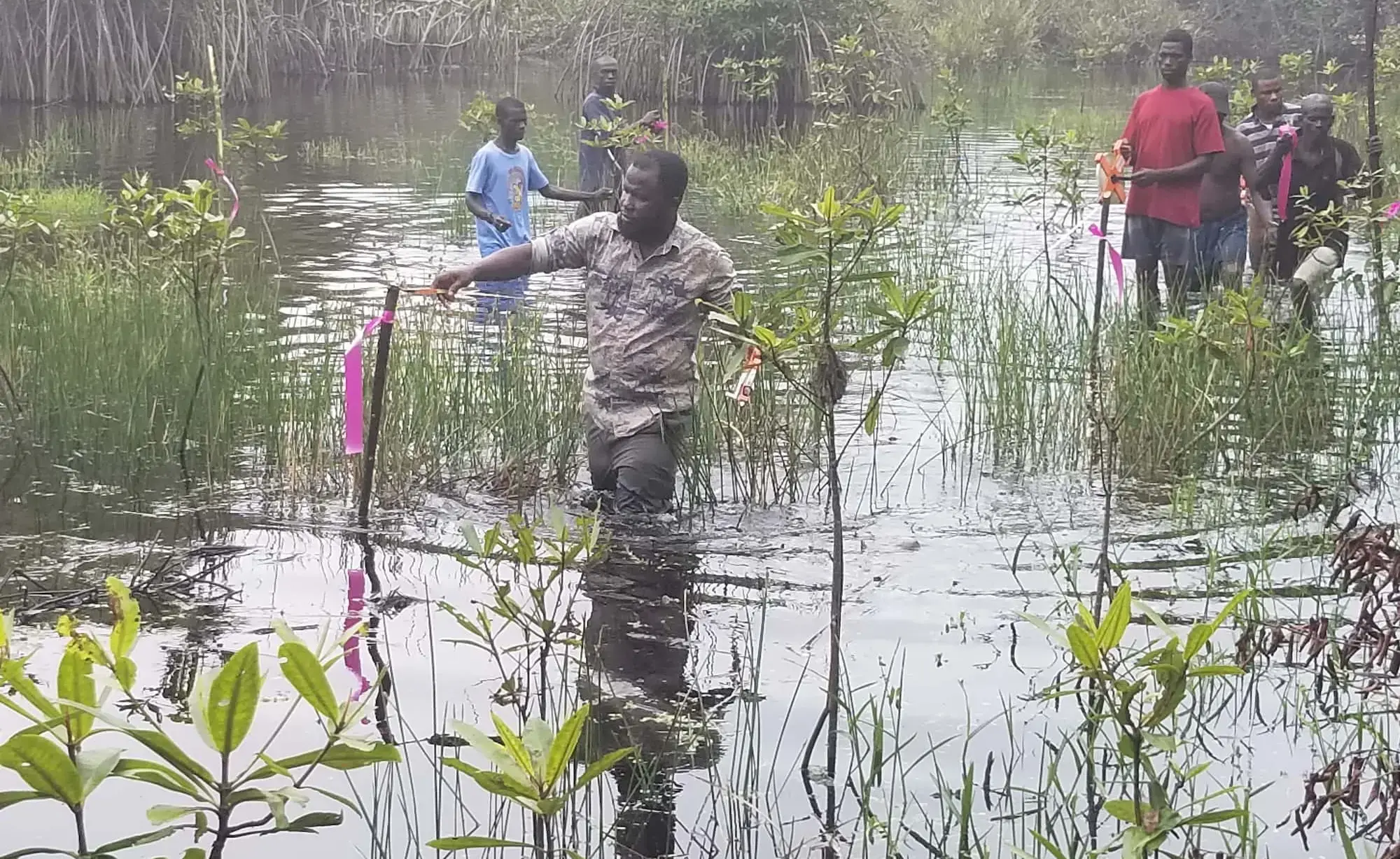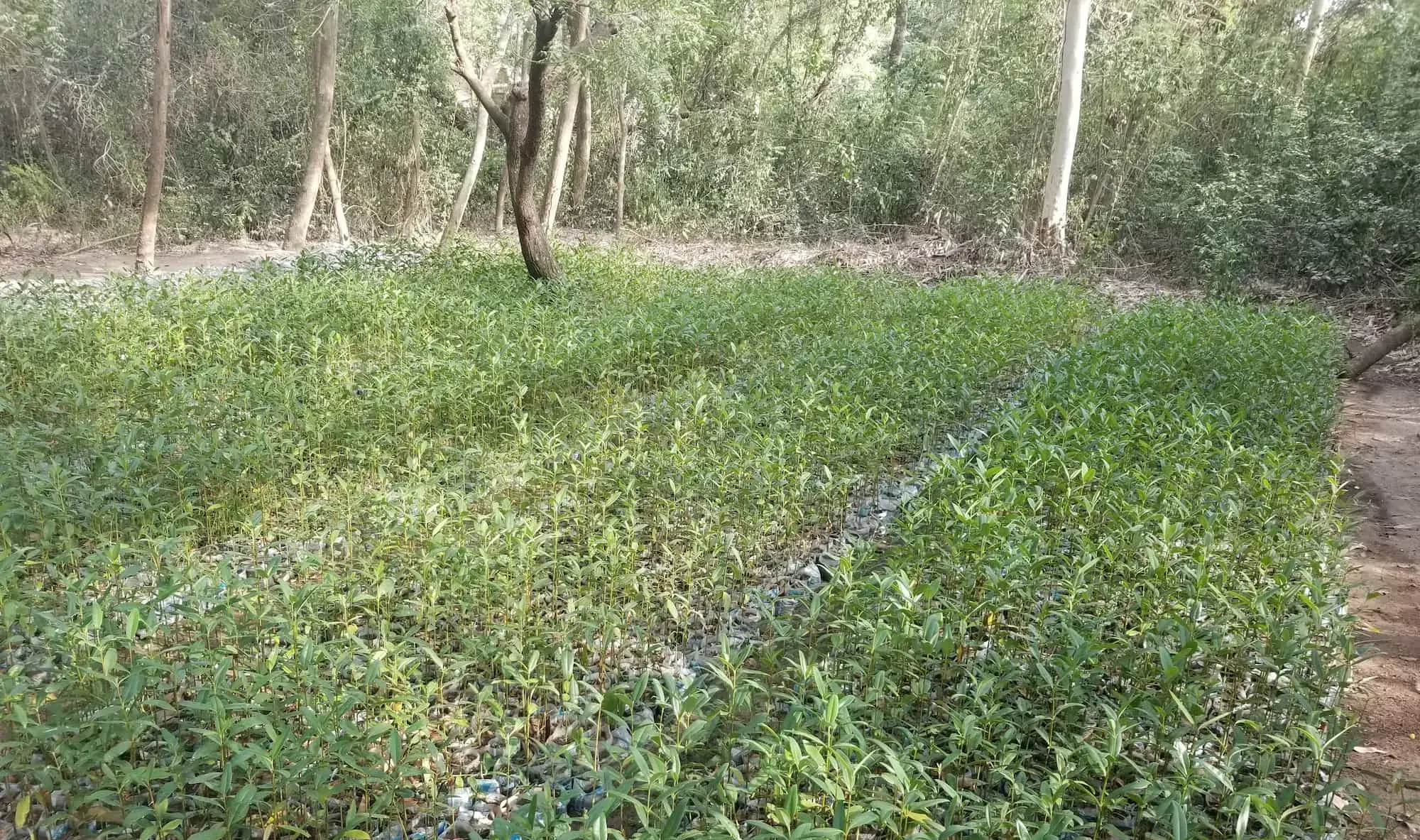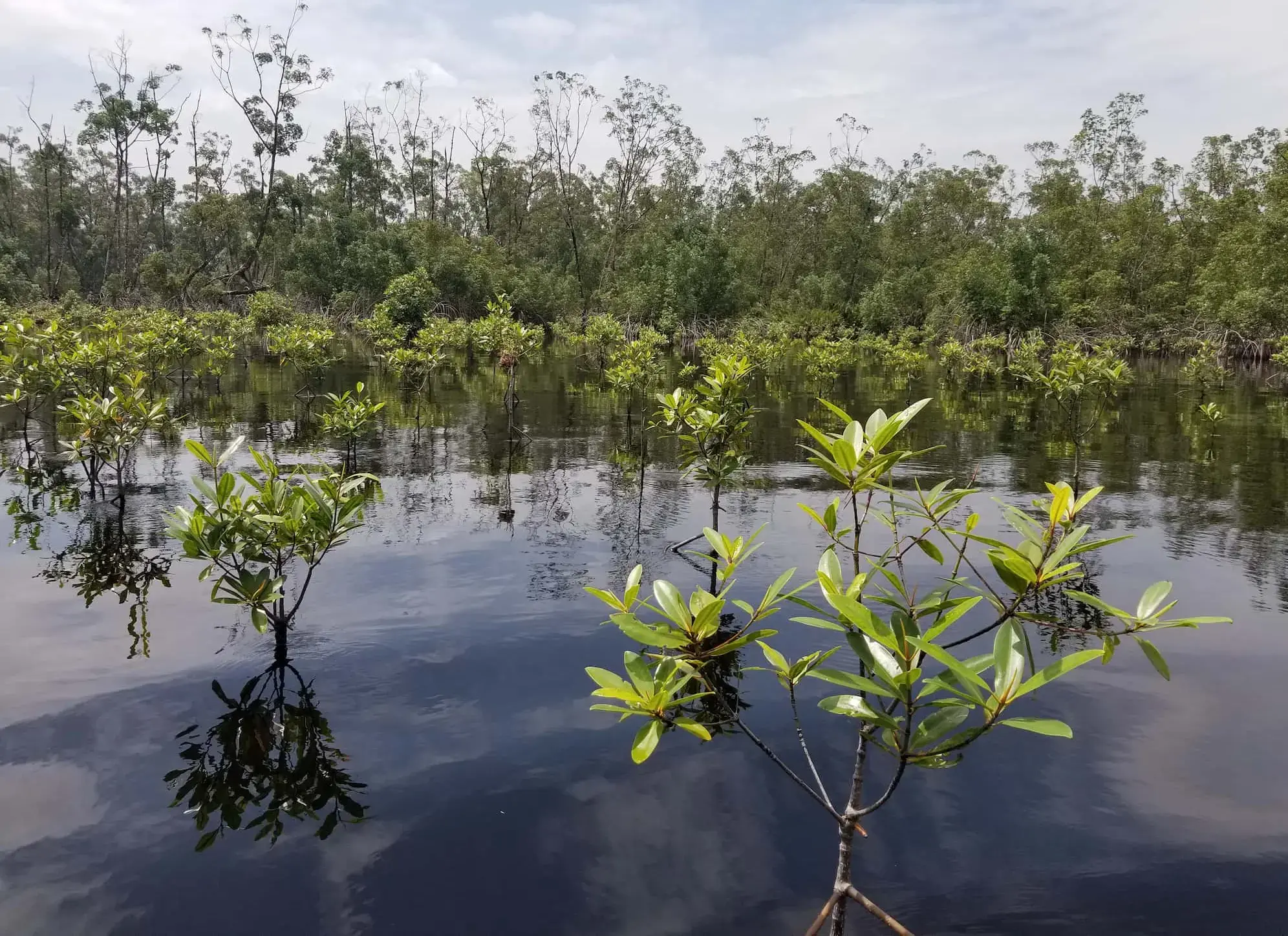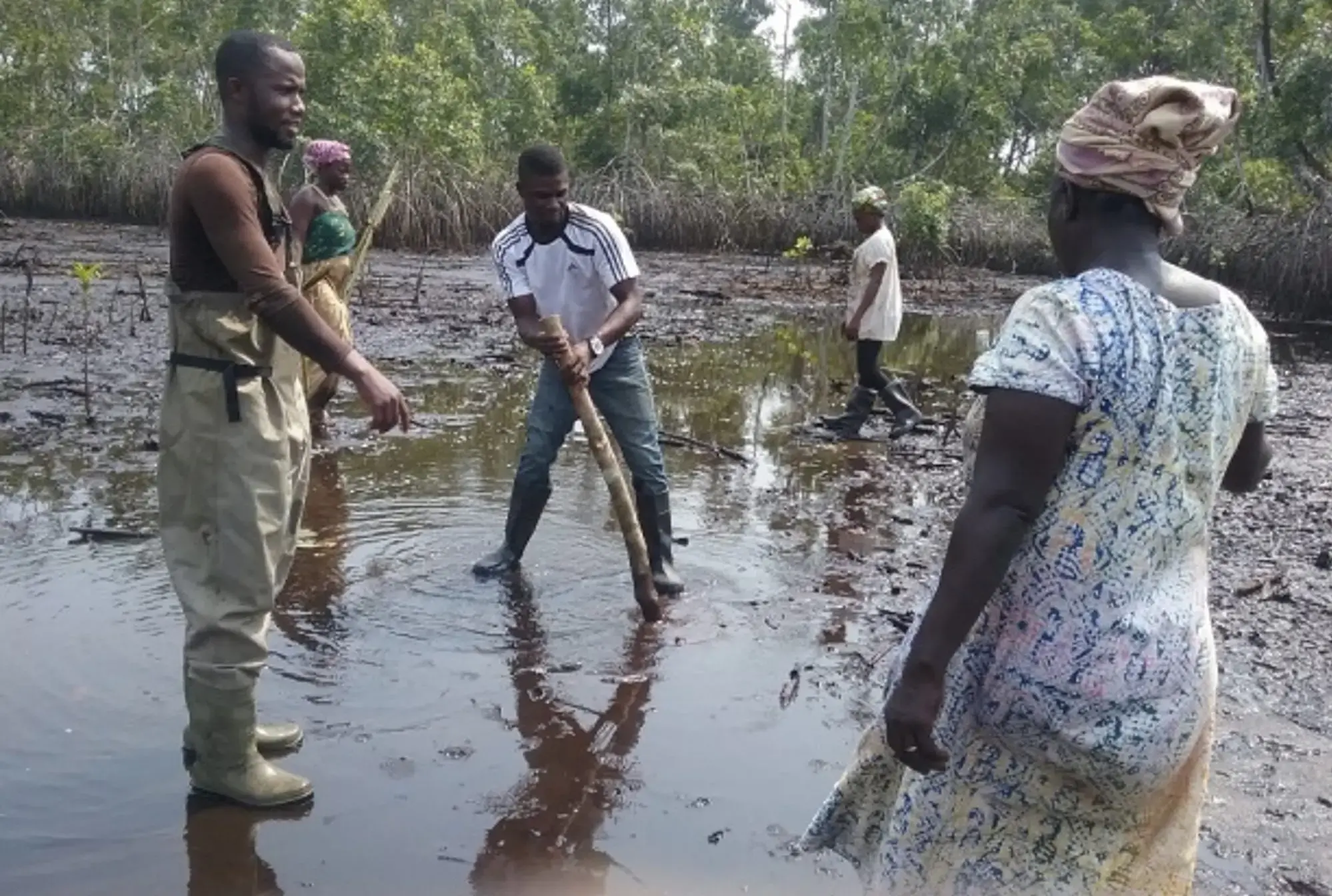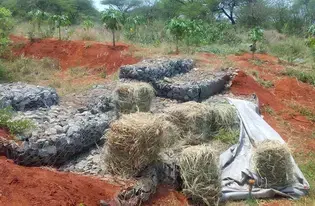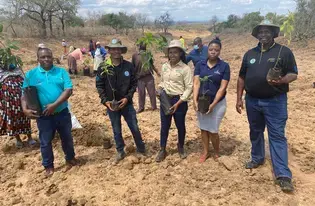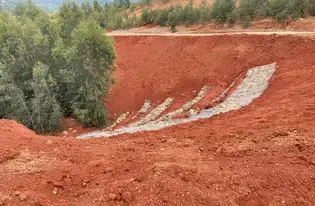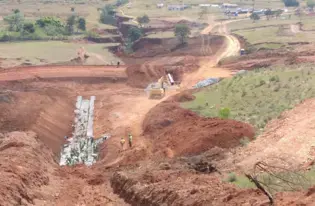Ghana, on Africa’s Western coast, boasts of beautiful coastal regions, rainforests and plains, and is famous for its cocoa. Since the mid-1900s, Ghana’s marine ecosystem has provided jobs and sustenance for many. Fisheries contribute 4.5% to the GDP and support about 10% of the population.
Hen Mpoano, meaning “Our Coast”, restores and conserves marine life and ecosystems in Ghana. Based in Takoradi, it started in 2013 and creates initiatives for coastal and marine governance, aiming to expand countrywide and continent-wide. Its vision is for inclusive and integrated management of coastal and marine ecosystems, generating sustainable development to the environment and community. Its mission is to provide support through research, networking and sustainable development of fisheries and coastal ecosystem governance.
About two million people in Ghana depend on coastal ecosystems for their livelihood, putting immense pressure on them and causing significant degradation. Hen Mpoano started with restorative work in communities that heavily relied on mangroves but lacked knowledge of their collective impact on the marine ecosystem.
AFR100, is a country-led initiative, partnered with TerraFund to fund Hen Mpoano’s restoration work in planting 200,000 mangrove seedlings covering 50 hectares in Ghana’s Greater Amanzule Wetlands. The objective is to restore degraded mangrove ecosystems serving as habitats for endangered species, aligning with Ghana’s commitment to restore 1.7 million hectares through tree planting by 2030.
“We began this project with a learning mindset. We wanted to understand the communities we were working with, their challenges, and how to empower them to take charge. Through community dialogues and education, we helped them sustain their ecosystems for maximum benefit,” shared Daniel Nii Nortey, Program Manager in Landscapes, Aquatic System Dynamics and Livelihood Initiatives.
Hen Mpoano is focused on restoring degraded ecosystems through three key strategies: replanting mangroves to revive their habitats, enhancing riparian vegetation to increase shrimp production, and restoring wider catch ranges for fishery communities that rely on these ecosystems.
Through the AFR100 funding, Hen Mpoano is restoring and strengthening marine ecosystems and promoting vegetation, mangroves, and marine life through education. They aim to expand their impact beyond Takoradi, by collaborating with NGOs in Bening. The organization aims to raise awareness and encourage communities to be better stewards of the environment and ecosystems.
Hen Mpoano demonstrates that an eco-company can regenerate a country’s degraded ecosystem through sustainable conservation of a rare species like mangrove.
Learn more about Hen Mpoano at henmpoano.org
